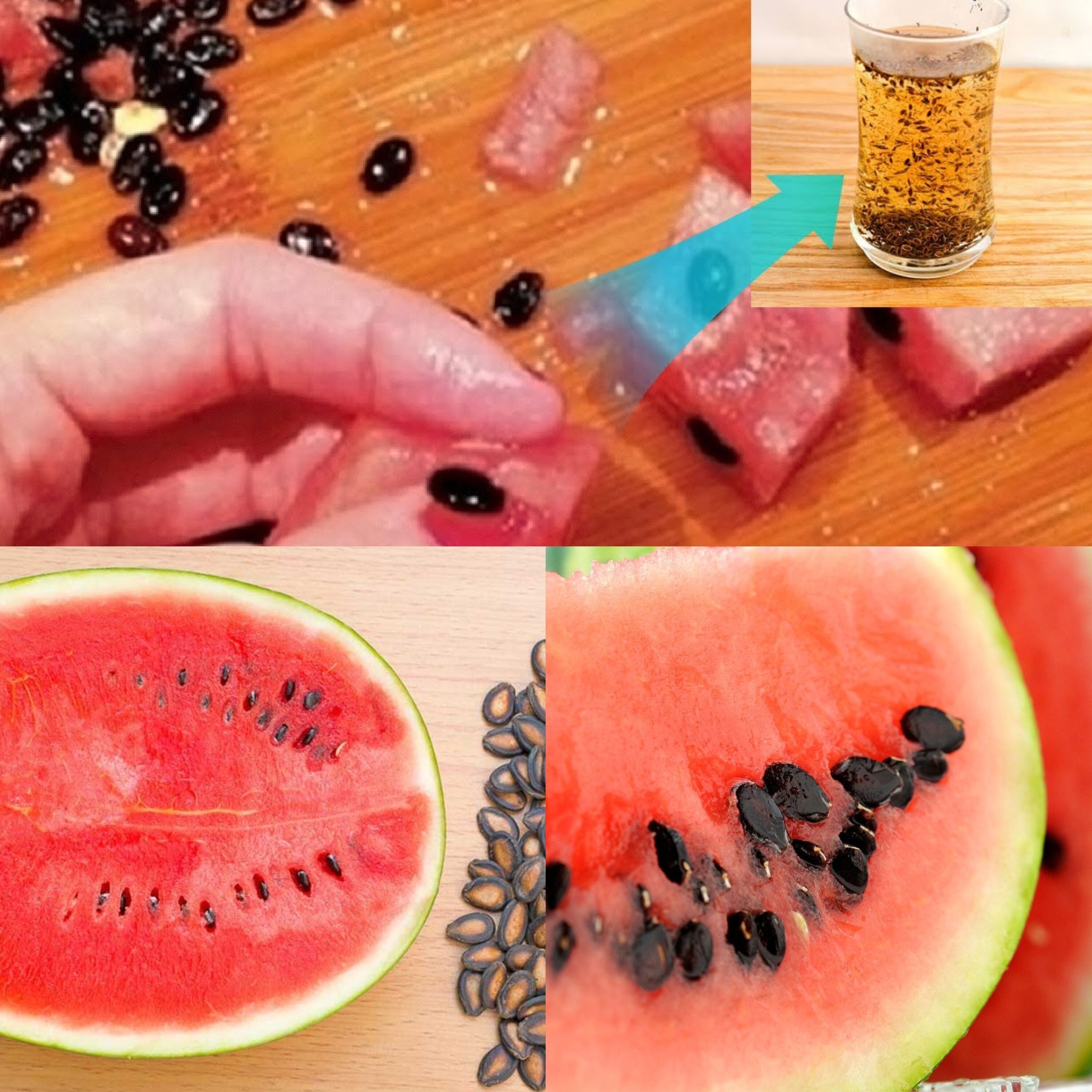Why You Should Be Eating Watermelon Seeds: Uncovering Their Surprising Benefits
When consuming the delicious, cool fruit, watermelon seeds are often thrown away or seen as an annoyance. But these little seeds are nutrient-dense and have a number of health advantages that may make you reconsider spitting them out. The following justifies using watermelon seeds in your diet:
Protein-Rich Nutritional Powerhouses:
Watermelon seeds are a wonderful source of protein, which is necessary for maintaining the body generally, repairing muscles, and maintaining healthy skin. About 8 grams of protein may be found in just one ounce of watermelon seeds.
Magnesium: The magnesium concentration of watermelon seeds is one of their main advantages. Numerous body processes, such as blood sugar balance, blood pressure regulation, and muscle and neuron function, depend on magnesium.
Iron: An important mineral that aids in the body’s oxygen transport, iron is abundant in these seeds. Fatigue, anemia, and hair loss may result from an iron deficit.
Zinc: Found in watermelon seeds, zinc is essential for cell development, skin health, and immunity. Eating foods high in zinc on a regular basis may help maintain a healthy immune system.
Heart-Healthy Fats:
Monounsaturated and polyunsaturated fatty acids are abundant in the seeds. These fats cut harmful LDL cholesterol levels and are good for the heart.
How Watermelon Seeds Are Consumed
Watermelon seeds must be properly cooked in order to get the advantages since they are indigestible while whole.
Roasting: One common method of preparing watermelon seeds is to roast them. Just scatter the seeds on a baking sheet after rinsing and patting them dry. Sprinkle with a little salt and olive oil, then bake at 325°F (163°C) for 15 to 20 minutes, or until golden and crispy.
Watermelon seeds may also be made more digestible by sprouting them. Let the seeds sprout by soaking them in water for a few days. Before eating, let them dry in the sun or a dehydrator once they have sprouted. Sprouted seeds are renowned for their increased nutritional content and ease of digestion.
Grinding: For an added nutritious boost, you may also crush watermelon seeds into a powder and add them to cereal, yogurt, and smoothies.
Including Watermelon Seeds in Your Diet as a Snack: Roasted watermelon seeds are a filling and healthy snack. To improve their taste, sprinkle them with salt or other spices.
For added texture and nutrition, scatter roasted or sprouted watermelon seeds on top of your salad.
In Baked Goods: To add extra protein and minerals to bread, biscuits, or muffins, grind watermelon seeds.
One great example of a resource that is not wasted and has many health advantages is watermelon seeds. Think carefully before throwing out the seeds the next time you eat a watermelon since they can provide you a significant nutritional boost.

